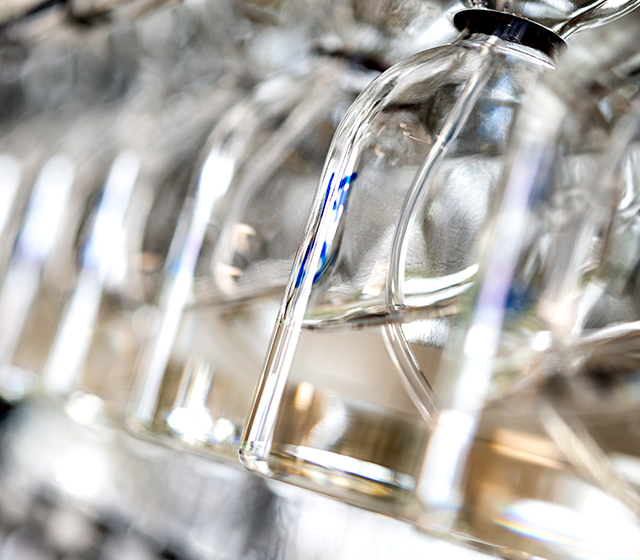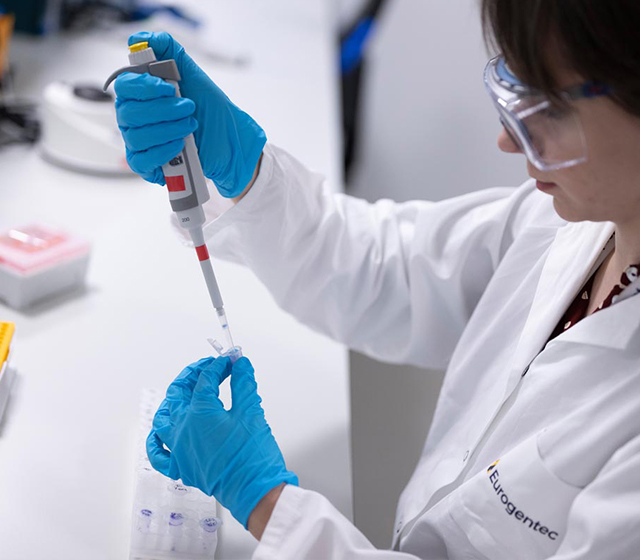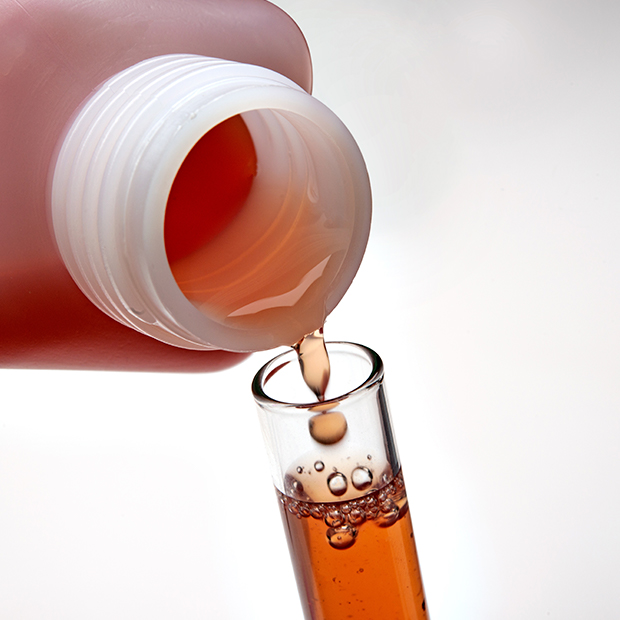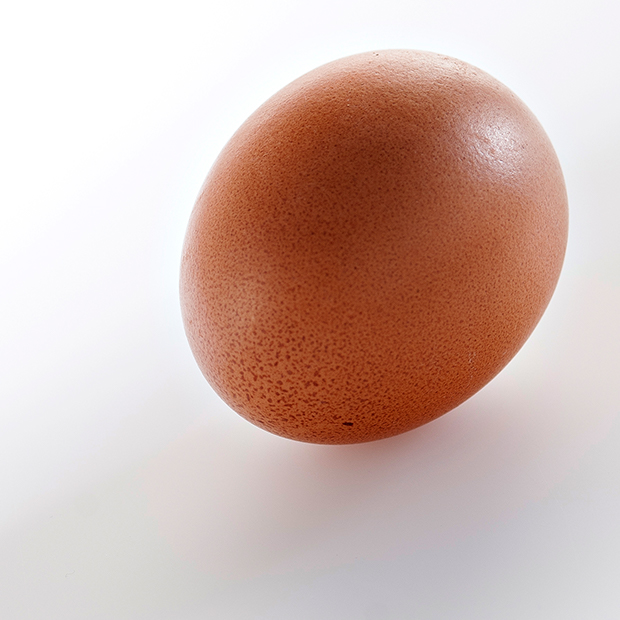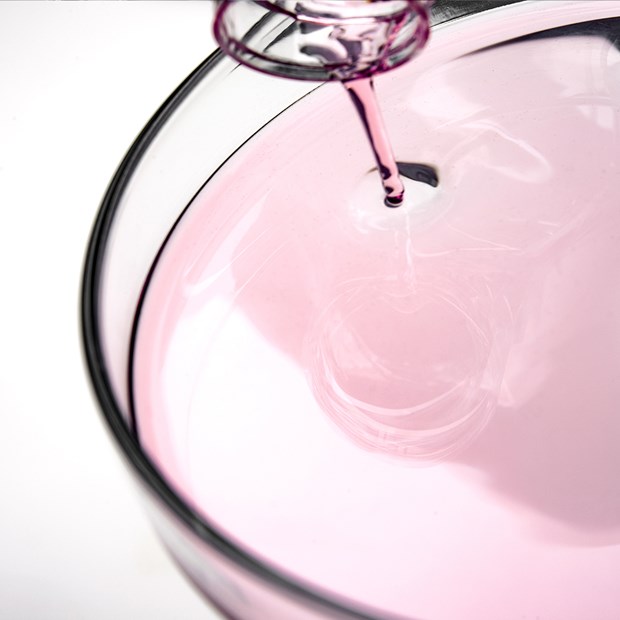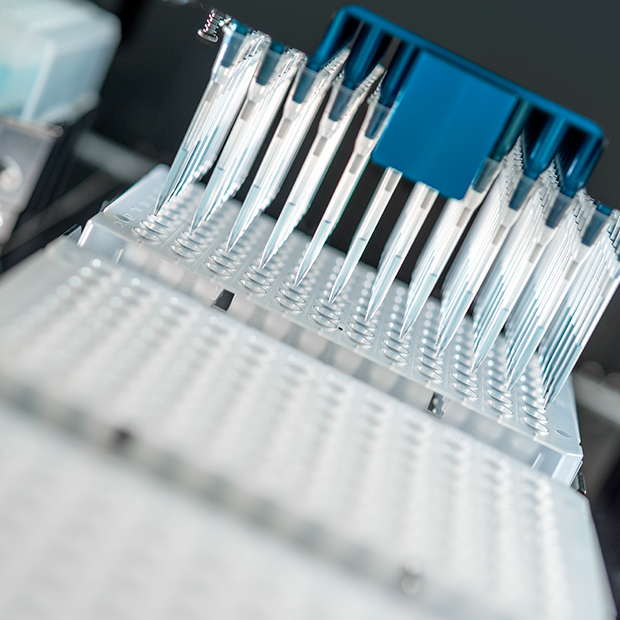Custom antibodies
How to provide my antigen?
Antigens (peptides, proteins, complex samples) to be used in our immunization programs can be provided in solution, lyophilized or in gel slice. The minimal amount of antigen needed depends on its molecular mass and on the host.
Antigen design
& selection
Because the quality of the antigen may highly impact the success of an immunization program, we can assist you from the design and selection up to the production of your antigen, being it a peptide or a recombinant protein.
Antigen requested format
Antigen amount
The antigen quantity requested per immunization project will depend on the selected host, the number of animals to be immunized, the program itself (typical programs are based on 4 injections), and the antigen type.
For protein antigens, the injection amount will vary with the molecular mass of the protein, and is reported in the table below for the most common hosts.
Minimum antigen quantity / injection
| Host | Antigen 10 kDa < MW < 18 kDa | Antigen MW > 18 kDa |
|---|---|---|
| Mouse | 40 µg | 15 µg |
| Guinea pig | 50 µg | 30 µg |
| Rat | 50 µg | 30 µg |
| Chicken | 200 µg | 100 µg |
| Rabbit | 200 µg | 100 µg |
| Goat | 400 µg | 200 µg |
| Sheep | 400 µg | 200 µg |
| Llama | 400 µg | 200 µg |
| Other | Contact us for recommendations | |
Please note that the molecular mass of haptens is usually too low to elicit an immune response.
Therefore, they should be provided under a format increasing their mass (e.g. coupled to a carrier).
For complex antigens, the injected quantities highly depend on the nature of the antigen and the formulation. If rabbit is the host, we advise injecting 50 million whole cells, 200–500 µg cell lysate or 100 µg (5x109 particles) inactivated virus, as examples. In any case, the injection volume should not exceed 500 µL for a rabbit.
Please contact us for recommendations on how to inject your antigen.
Antigen Buffer
The compounds and formulations that are acceptable for immunization are listed here.
Component and formulations
| Buffer | Allowed | Not allowed |
|---|---|---|
| Water | Yes, keep the volume small (≤0.5 ml/rabbit) | - |
| PBS | Yes, keep the volume small (≤0.5 ml/rabbit) | - |
| Physiological buffer solutions | Yes, keep the volume small (≤0.5 ml/rabbit) | - |
| Metal dyes/heavy metals | - | Risk of toxicity |
| Salts (KCl, NaCl, MgCl2) | < 1.0 M | > 1.0 M |
| SDS | < 2.0 % | > 2.0 % |
| Digoxin/Digoxigenin | - | Risk of toxicity |
| Octylglucoside | < 1.0 % | > 1.0 % |
| Triton X-100/Tween-20 | < 0.2 % | > 20 % |
| Glycerol | < 20 % | > 20 % |
| PMSF | - | Risk of toxicity |
| Pefabloc | < 0.1 mM | > 0.1 mM |
| Leupeptin/Pepstatin | < 1 µM | > 1 µM |
| DTT | < 3 M | > 3 M |
| Mercaptoethanol | - | Risk of toxicity |
| Imidazole | < 3 M | > 3 M |
| TFA | - | High risk of toxicity |
Specific attention is requested when injecting a denatured protein (find more info on ‘Antigen design and selection’ page)
The most common denaturing agents are urea and guanidium hydrochloride. While the later cannot be injected in animals due to its toxicity, urea can be injected when the concentration is lower than 6M. But incubating a protein with urea will lead to carbamylation of the free amines (N-terminus, side chains of Lys and Arg). Therefore, injecting a urea solution may not be a good option, because the antigen will differ from the natural protein. If one wants to use a denatured protein as the antigen, injecting an SDS-PAGE gel fragment may be an option (see ‘Gel Slice’).
Antigen in solution
You can send us your antigen in solution on dry ice. We recommend limiting as far as possible the use of detergents and aggressive chemicals such as acetic acid, heavy metals and other agents that are toxic to the host animal.
It is possible to immunize animals with an antigen solution containing 8M-urea, but this is painful for the rabbits, and such immunization process will be subject to our ethical committee. Also, please refer to the section ‘Antigen Buffer’ to take into consideration the protein modifications associated to urea incubation.
For these reasons, we ask our customers to send us the antigen as concentrated as possible so that we can dilute the solution before injection and minimize the effect of adverse components. Antigens in solution should be sent in a volume not exceeding the authorized values below:
| Rabbit | 500 µL/injection |
|---|---|
| Rat | 250 µL/injection |
| Guinea Pig | 250 µL/injection |
| Mouse | 150 µL/injection |
| Hen | 500 µL/injection |
| Goat/Sheep | 1000 µL/injection |
Lyophilized Antigen
You can send us your freeze-dried antigen at ambient temperature. If the antigen is poorly soluble in aqueous solution, we suggest that you avoid lyophilization and that you send us your protein in solution on dry ice.
The addition of adjuvant will help to dissolve even lipophilic proteins. If the antigen does not dissolve, a fine suspension of the antigen will be obtained by thorough mixing. Such fine suspensions can also be useful for antibody production because particles are efficiently phagocyted. Please note that in this case, the injected protein may not be in its fully native form and accordingly, the antibodies generated may not all recognize the protein in its native environment, with a possible negative impact on the final assay.
Antigen gel slice
Proteins can be provided in SDS-PAGE gel slices: we advise our customers to cut out the band of interest and wash it thoroughly with water to remove acetic acid and methanol residues, then cut it into injection pieces (one vial per injection) and aliquot wet into safe lock tubes to avoid drying. The gel must not be dried or lyophilized, because this would make the fragmentation before injection more difficult.
The antigen tubes can be shipped at room temperature. The standard Coomassie and Coomassie-like staining procedure can be used since the Coomassie staining dyes do not interfere with the antibody production process. However, silver stain is not allowed.
Please note that injecting SDS-PAGE gel slices cannot apply in small rodent hosts and is not compatible with our Speedy 28-days program.
Important note: if the antigen is also to be used for an antibody purification, important restrictions on the buffer also apply: please favor PBS without additives as amines must be avoided. The following additives are not compatible with downstream purifications: urea, histidine, guanidine, imidazole, b-mercaptoethanol, thimerosal, sodium azide, glutathione and any additive containing a free amine. Glycerol concentration cannot exceed 3%.
Ship your antigen
to Eurogentec
Antigens should be shipped along with a copy of the order form. Should you be shipping additional antigen for an on-going program, please indicate on the accompanying copy of the order form the antibody program number that your antigen should be used for.
Shipping address:
EUROGENTEC Immunization Department,
LIEGE Science Park,
Rue du Bois Saint-Jean 5,
4102 SERAING, Belgium
